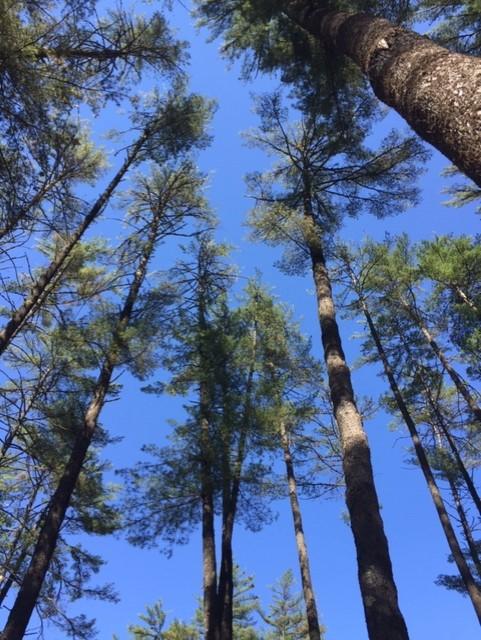- Trial Court Law Libraries
From Justice William O. Douglas’ dissent in Sierra Club v Morton, 405 U.S. 727, 741 (1972) :
“The critical question of ‘standing’ would be simplified and also put neatly in focus if we fashioned a federal rule that allowed environmental issues to be litigated before federal agencies or federal courts in the name of the inanimate object about to be despoiled, defaced, or invaded by roads and bulldozers and where injury is the subject of public outrage. Contemporary public concern for protecting nature’s ecological equilibrium should lead to the conferral of standing upon environmental objects to sue for their own preservation. . . The corporation sole – a creature of ecclesiastical law – is an acceptable adversary and large fortunes ride on its cases. The ordinary corporation is a ‘person’ for purposes of the adjudicatory processes, whether it represents proprietary, spiritual, aesthetic, or charitable causes. So it should be as respects valleys, alpine meadows, rivers, lakes, estuaries, beaches, ridges, groves of trees, swampland, or even air that feels the destructive pressures of modern technology and modern life. The river, for example, is the living symbol of all the life it sustains or nourishes – fish, aquatic insects, water ouzels, otter, fisher, deer, elk, bear, and all other animals, including man, who are dependent on it or who enjoy it for its sight, its sound, or its life. The river as plaintiff speaks for the ecological unit of life that is part of it.”
In his argument, Justice Douglas made reference to Christopher Stone’s article “Should Trees Have Standing – Toward Legal Rights for Natural Objects” that appeared in 45 S. Cal L. Rev. 450 (1972). The article was reprinted in the 25th Anniversary edition of Should Trees Have Standing and other essays on law, morals and the environment by Christopher D. Stone, Oceana Publications, N.Y., 1996.

